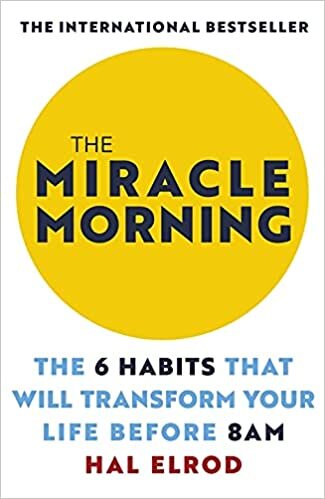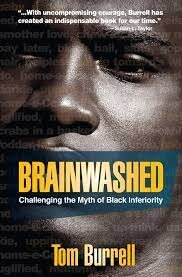“Unintended consequences” got you down?

Then check out this book to solve and avoid them!If Donella Meadow’s Thinking in Systems is the systems thinking primer for individuals (check out our post), then David Stroh’s Systems Thinking for Social Change is the primer for organizations.Stroh literally goes around the country teaching people how to use systems thinking in their work.
The “for Social Change” part specifies the kinds of problems that Stroh directly addresses in the book, such as crime, homelessness, climate change, income inequality. If you or your team works on these kinds of things, then this book is for you. I just picked it up because I was curious and I ended up learning a lot about what causes big problems and how we can work to solve them.Check out my notes and quotes on the book:
“If you are not aware of how you are part of the problem, you can’t be part of the solution”All problems and solutions are internal to the system






